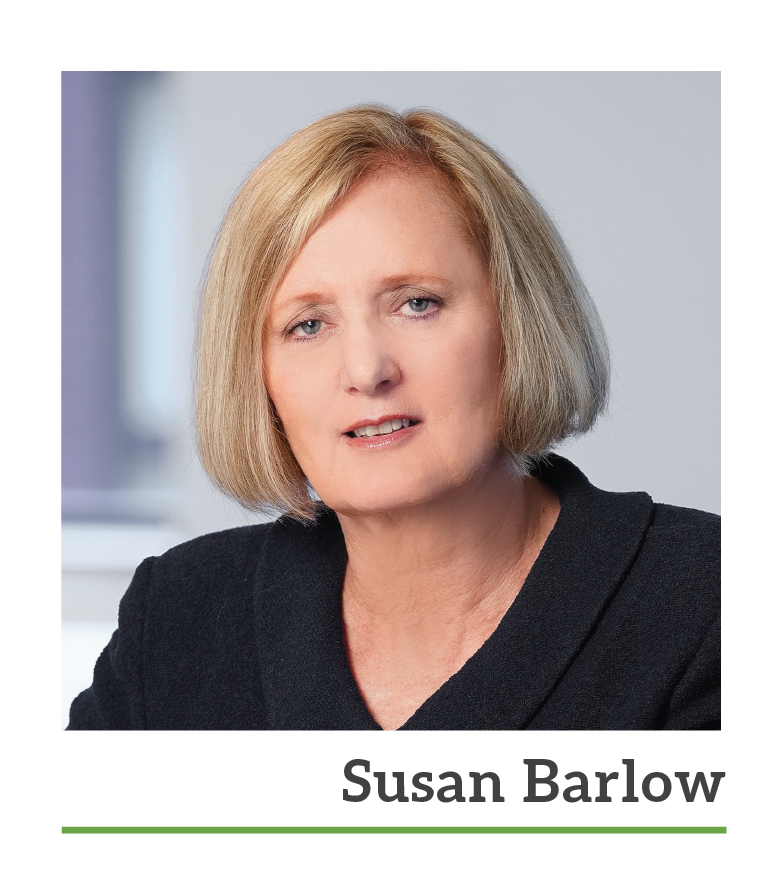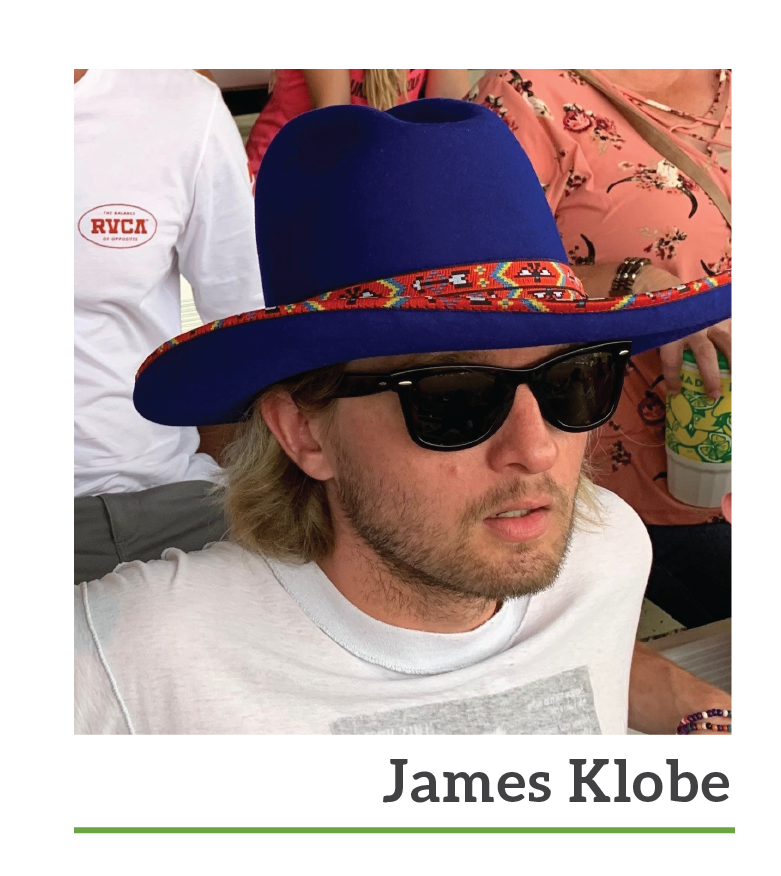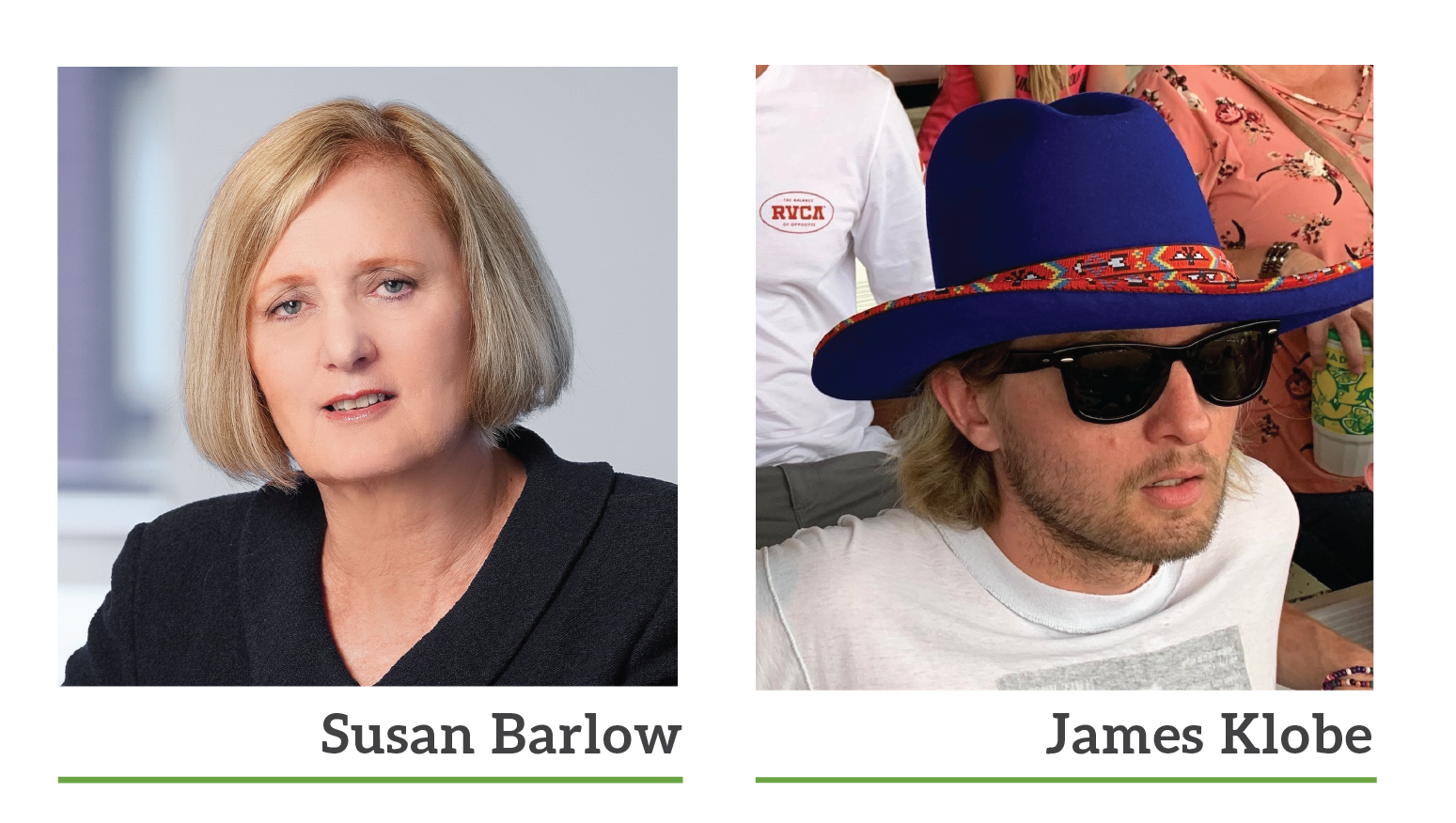This article is the fifth in a series showcasing parent/child dynamics across the senior housing and care industry. My conversation with Susan Barlow and her son, James Klobe, offers insights into why this is becoming a common trend.
Tell us about your background.
Susan Barlow: My background is in the institutional investment world where I started out working as a consultant advising large pension funds on their real estate programs. I went from doing that to raising capital for new entrants after I learned there were a lot of groups who wanted to raise capital but didn’t know how to navigate the process. For a long time, I had my own business where I raised capital for new entrants, or emerging managers as we call them now.
I met my partner Kathy Sweeney through a mutual connection at the California Public Employees’ Retirement System. She sensed we’d be a match considering my skills at raising capital, and Kathy’s need to raise funds for senior housing. After appearing on a CREW (Commercial Real Estate Women) panel together, Kathy and I shared a cab back to the airport. From that car ride, Blue Moon Capital Partners was born.

I didn’t know anything about senior housing, but I knew that given the demographics it would be important for pension funds to get involved with this sector. Public pension funds are great long-term partners because their cost of capital is less and they are generally kinder, gentler, and not trying to take the last dollar off the table.
Ten years in, Blue Moon has 35 communities (independent, assisted, memory care) with nine different operators.
James Klobe: For years, my mother tried to suggest different opportunities within the senior care industry to me. They didn’t feel attractive at the time, so I just continued working in miscellaneous jobs—bartending, cooking in restaurant kitchens, and retail sales. Eventually, the bartending hours took their toll, and I began looking for a change.
My mom had heard about a community here in Brooklyn and saw that they had a really gorgeous space and offered great amenities. I perused the community’s website and immediately noticed their robust activities program. I applied online and interviewed for a kitchen job soon after. I was particularly interested in their activities programs, but incorrectly assumed I would need some sort of background in education to help on that end. It turns out they had an open position in the department, so I pivoted right then and there. I’ve enjoyed it for the last year and a half.
Do you talk about your work in the industry or try to keep your personal and professional lives separate?
James: I grew up hearing a lot of chatter about my mother’s profession that I didn’t really understand at the time. Now that I’m in the industry, we can really talk shop. It’s been great having her as a sounding board because she truly understands this world.

Susan: I’ve never said ‘I told you so’ but I knew the industry would be a great fit for James and I’m so happy it worked out. At first, James was strongly opposed to my suggestions that he should consider senior housing career opportunities. Watching him go from that sentiment to loving it has been fun for me. He brings so many incredible skills to his position and it’s gratifying to see that he’s getting so much out of it, too.
It’s also been valuable for me to get his perspective as someone on the frontline. As a capital provider, I don’t often get that insight, especially as our industry rapidly evolves.
Susan, where do you see this industry going in the future?
Susan: I think prior to this capital market disruption we were able to rely on the cheap debt that was available in the market. We don’t have that anymore, so we must focus on improving operations. There’s a huge opportunity to do that through technology, better operational practices, and generally engaging with the workforce to run a better business.
Again, having that lens into how the frontline worker views what’s happening and what needs to change is critical. The more that we can make their jobs easier—through less required reporting and tech advancements that allow them to spend more time with residents—the better. It’s also essential that we identify high quality team members and provide them with career paths.
James, what do you see for the future of the resident experience?
James: From my perspective being on the frontline five days a week, I would like to see an increase in wages. Compensation for nurses and aids is particularly disappointing. Their work is more than changing, showering, and feeding. More times than not, they’re comforting residents and creating a calm environment, which is challenging. There’s so much not in our job descriptions that we do.
For example, just the other day we brought a resident who was having a bad day down to a concert. Once the music started, she got up from her wheelchair to dance. It’s those type of moments that make it really special for me, but a lot of the time we’re short-staffed because of turnover. It can be difficult to give that kind of emotional attention when we’re too busy confronting the day-to-day challenges that come with resident care.
Susan: James and I have talked about this at length. Sometimes, as capital providers, we’re looking at a lot of spreadsheets and there are numbers on the pages and there’s discussion about the frontline worker almost as if they’re interchangeable with someone working in fast food, but then you think about the actual job you’re asking them to do. To think of them as if they’re interchangeable with other industries is something that needs to be addressed. We have a big ask of our people at the communities and I’m not sure we’re fulfilling our promise to them.
We need to rethink the model— is it lower cost of capital? Does the acquisition environment allow us to rethink how all these pieces come together? I’m sharing James’ experience around the Blue Moon table and people are shocked. Even my partner Kathy who’s been in this business for 30 years is getting a view into the business that she didn’t have before.
What advice do you have for the next generation?
Susan: My hope is that there are more Jameses and Jasons entering the industry to help us make it better. The compassion and perspective you both bring are unmatched. How we care for the frailest members of society says a lot about us. We need to do a better job.
James: I think it’s important to remember that this is a business of care, not a real estate venture.
What advice do you have for the previous generation?
James: For people in my mom’s position, it’s easy to be distracted by bottom lines and numbers on a piece of paper. But it’s a mistake to overlook the compassion that’s required in the day-to-day care of residents.
How can we get more young people involved in the industry?
Susan: I think we’re on the cusp of making some changes that make it more appealing. Focusing on operations and making community connections appeals to younger generations. We need to show young people that they can have a solid career that balances mission with being able to afford a good life for themselves.
Additionally, getting the word out to schools about industry opportunities and having good young people out there like Jason and James waving the flag is enormously helpful.
James: I hate to keep coming back to wages. It’s unfortunate to watch excellent employees who love the work leave because the job is not financially sound.
At the end of the day, it’s an incredible, fulfilling industry to work in. I go home feeling like I’ve really accomplished something.
*Interviews edited for length.
